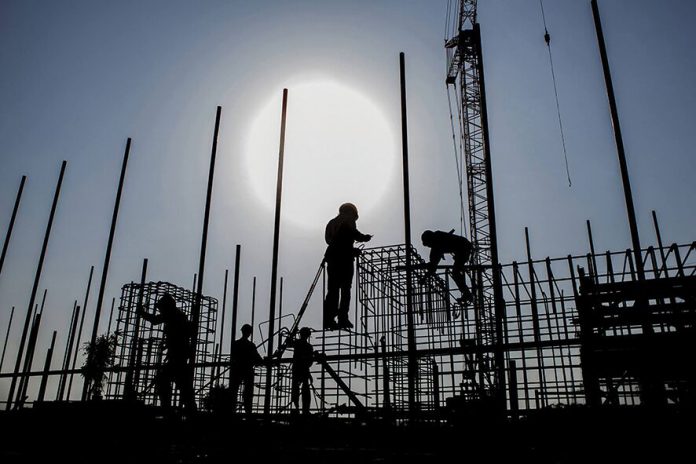The Secretary for Transport and Public Works, Raimundo do Rosario, revealed in August that the offer of public housing will almost double, with the completion of three major projects.
In order to make the units available more quickly, Mr. Rosário suggests awarding contracts by direct agreement – instead of a public tender–“because it can save several months.”
It is true that since at least 2016 the government has signalled that it intends to deal with the laws governing public procurement, but nothing has happened and Macau has today a legal framework less updated than China’s, for example.
“Unbelievable” and “inconceivable,” the author of the new book Legal Regime of Public Contracting of the MSAR (Regime jurídico da contratação pública da RAEM, in the original Portuguese version) tells Macau Business regarding the fact that the relevant laws in this area date back to the 1980s and 1990s.
João Valente Torrão understands that neither would be necessary to have were it not for the Ao Man Long and Ho Chio Meng cases “which, as usual, drew the attention of the media to the quality of the people involved to justify the need to amend the laws on public procurement.”
A former judge in Macau during the Portuguese Administration and now resident in the MSAR, Mr. Torrão points out that “as is easily seen in the respective regime, the international system of ‘Public Procurement’ currently present in international conventions to which Macau belongs is not minimally reflected in that legislation.”
Macau needs “a new public procurement law to reduce the tendency of public departments to split up service contracts, thereby avoiding the need for tendering,” as the Secretary for Economy and Finance said this May during a session in the Legislative Assembly. Concerned with the lack of transparency in public procurement practices, Lionel Leong also spoke of the “standardisation of procedures” and “more specific directives.”
After all, the new law will do no more than address the requests that CCAC and the Commission of Audit have repeatedly made in the same respect: “Lack of strict observance of the law, intentional misuse of legal norms or procedures, laxity in internal supervision or purely formal oversight are not rare in public services,” with the risk of these issues becoming “a door open to corruption,” said one of the latest CCAC reports published just over a year ago.
“The only reason for not updating the laws – that of the present case, as well as other absolutely necessary ones for the modernisation of the legal system – is the inertia and lack of interest of the political leaders. There is the conviction that, as things are working, it is not worth ‘moving’,” concludes João Valente Torrão.
“Corporate criminal liability”
“Macau should pay close attention to the intrinsic linkage between ‘corporate criminal liability’, ‘organised crime’ and ’economic-related criminality’,” Hugo Luz dos Santos, a magistrate with the Portuguese Public Prosecutor’s Office, now residing in Macau, told Macau Business. Mr. Santos quotes recent surveys, saying “the role of the European Union increased further with the introduction of the Lisbon Treaty, which came into effect on 1 December 2009, which provides for a new legal framework for criminal legislation concerning, for example, minimum rules regarding the definition of criminal offences for so-called ‘Euro crimes’, including offences such as terrorism, money laundering,corruption, computer crime and organised crime; common minimum rules on the definition of criminal offences and sanctions if they are essential for ensuring the effectiveness of a harmonised EU policy; and minimum criminal sanctions for insider dealing and market manipulation.”
That’s why he understands that “it’s indisputable that Macau has a capacious room to improve.”This legal expert underlines that a “junket system enables the creation of a compound of enterprises with the main aim of perpetrating ‘gambling-related crimes’. In order to adroitly address the abhorrent and harmful tandem of ‘corporate criminal liability’ and ‘gambling-related criminality’ Macau ought to carve out the foundations of a proper and sound legal framework of corporate criminal liability.”
Hugo Luz dos Santos argues that “Macau should follow the conspicuous example of comparative law, namely that of the United States of America, and put forth a legal framework that encourages whistle-blowing,” by exempting [whistleblowers] “in certain and strict circumstances from facing prosecution and criminal charges.”
























